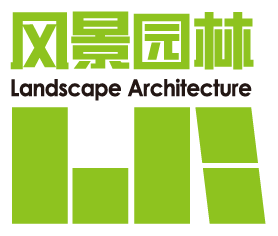Abstract:
Objective Over the years, the methodology research in plantscape planning and design has accumulated characteristics such as diverse concepts, evolving design methods, and technological innovations. The research aims to clarify the distinctions between different methods of plantscape planning and design,and summarize their unique features and commonalities by reviewing the developmental process of methodology research.Methods This research systematically reviews the historical development of plantscape planning and design, extracts three fundamental issues, and proposes a comprehensive framework for methodological research.Results Through the historical lens, the research reviews milestones in the evolution of planting design concepts and methods at home and abroad,including the classical period, the modernism movement, the environmental movement, and the influence of neo-naturalism. Through methodological comparisons, numerous researchers have focused on three fundamental issues:space, community, and intention.Conclusion A methodological research framework for plantscape planning and design is constructed with space, community, and intention as the core. This framework provides diverse entry points for planting planning and design, allowing designers to select suitable design methods aligned with their strengths and project requirements, thereby fostering the creation of distinctive plantscapes.


 下载:
下载:
